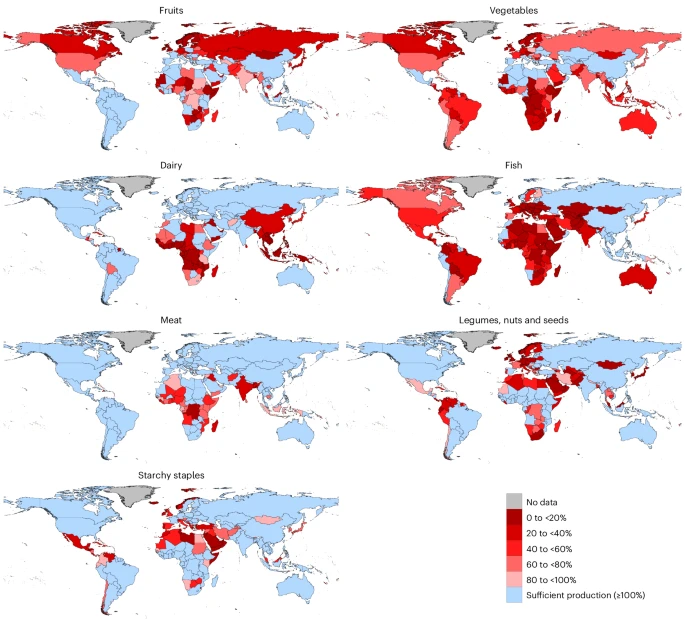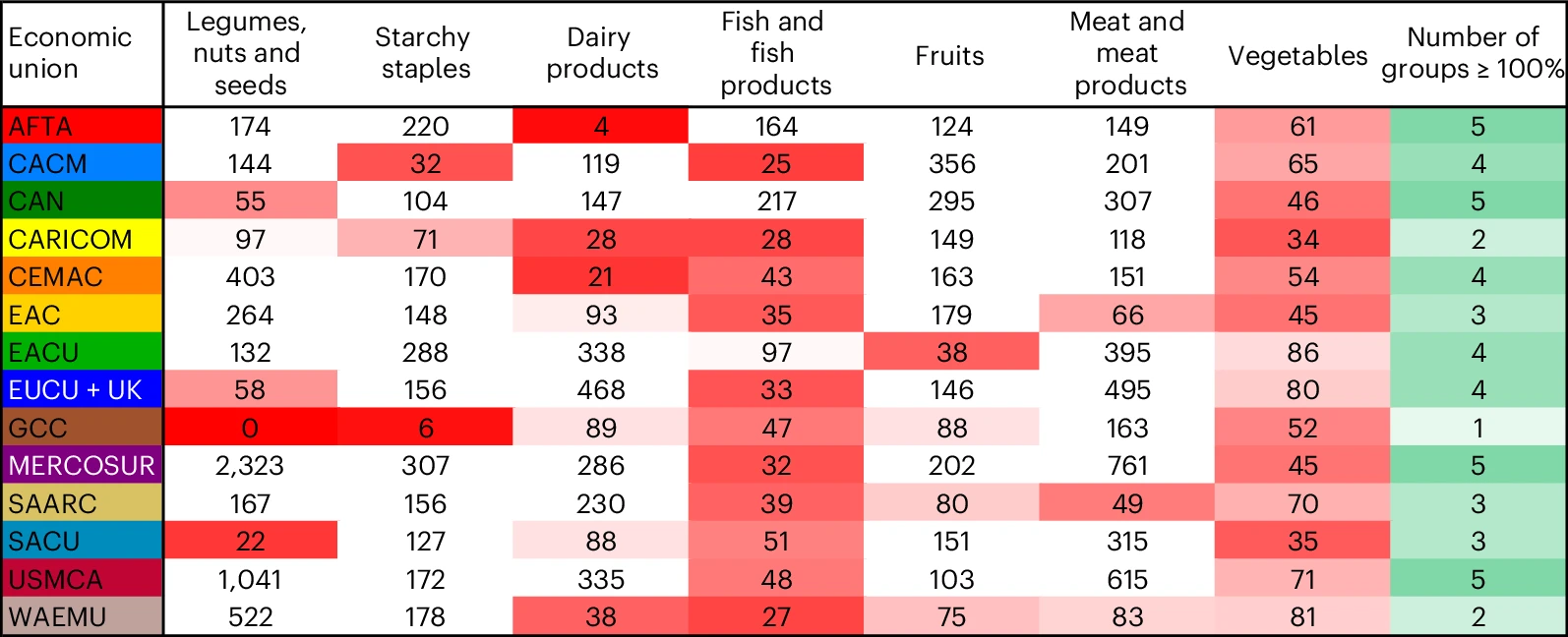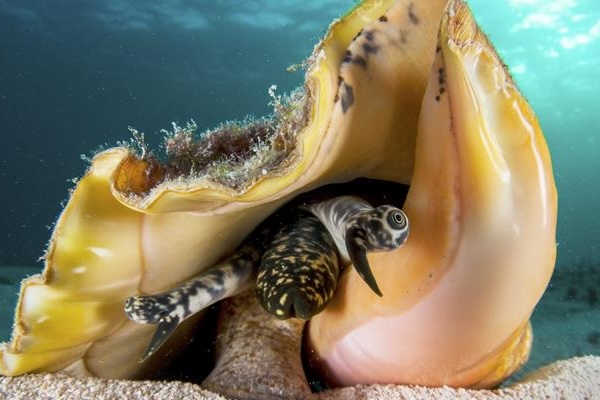New Bahamas project to restore queen conch will grow 2,000 juveniles yearly and train locals in sustainable fishing and conservation.

www.globalseafood.org
07/09/25
Florida Atlantic University’s (FAU) Harbor Branch Oceanographic Institute has teamed up with The Island School’s Cape Eleuthera Institute to launch a new community-based aquaculture project aimed at restoring queen conch populations in Eleuthera, The Bahamas.
Backed by a grant from the Longer Tables Fund, the Queen Conch Conservancy will combine hands-on conservation with science-based restoration to support the long-term survival of one of the region’s most culturally and ecologically important species.
The Longer Tables Fund – launched by Chef José Andrés with support from the Bezos Courage and Civility Award – supports innovative solutions that transform food systems, rebuild communities and empower the next generation of food leaders
Florida Atlantic University’s Queen Conch Lab (QCL) is working to establish community-based conch farms across the Caribbean to restore queen conch populations and support local economies. Native to the region, queen conch are vital to seagrass ecosystems and remain a culturally and economically important species.
From 1980 to 2020, about 31,000 tons of queen conch were harvested annually, generating nearly $39 million each year. Today, overfishing and habitat loss have pushed the species to “threatened” status under the Endangered Species Act, with commercial fishing in The Bahamas projected to become unsustainable within 10 to 15 years.
The Longer Tables Fund joins a coalition of supporters that has contributed nearly $6 million to QCL over the past six years, including Builders Vision, the Moore Bahamas Foundation, NOAA Fisheries, the U.S. Department of Agriculture and the Bahamas National Trust.
With farms already operating in 10 locations – such as Puerto Rico, Jamaica and Curaçao –the new project expands QCL’s reach in The Bahamas. It deepens its partnership with the Cape Eleuthera Institute, which has studied queen conch in the region for more than 20 years.
“We are thrilled to partner with José Andrés, the Longer Tables Fund, The Island School, and the community of Eleuthera to help grow and restore the queen conch, which is significant to the local ecosystem and a vital resource and cultural touchstone for the island,” said Megan Davis, Ph.D., director of the QCL, and a research professor of aquaculture and stock enhancement at FAU Harbor Branch. “This collaboration supports working together as a community to ensure the queen conch is there for generations to come, and there is much more work to be done.”
As part of the project, the Queen Conch Lab will establish a mobile lab at the Cape Eleuthera Institute with the capacity to grow up to 2,000 juvenile queen conch annually for conservation and restoration efforts. The program will also provide training and education to institute staff and the more than 1,000 students who attend each year. Through The Island School’s established ties to the local community, the initiative will include outreach activities for Eleuthera’s approximately 10,000 residents, offering workforce training and education on sustainable fishing practices.
“We are so pleased to be partnering with Harbor Branch’s Queen Conch Lab and Chef José Andrés’ Longer Tables Fund to address a critical concern in our local environment and the community – the conservation and restoration of the queen conch population,” said Chris Maxey, founder and head of school of The Island School. “The project fits squarely into our mission of conducting innovative, cutting-edge environmental research, and sharing and applying what we learn to sustainable solutions within our community.”











